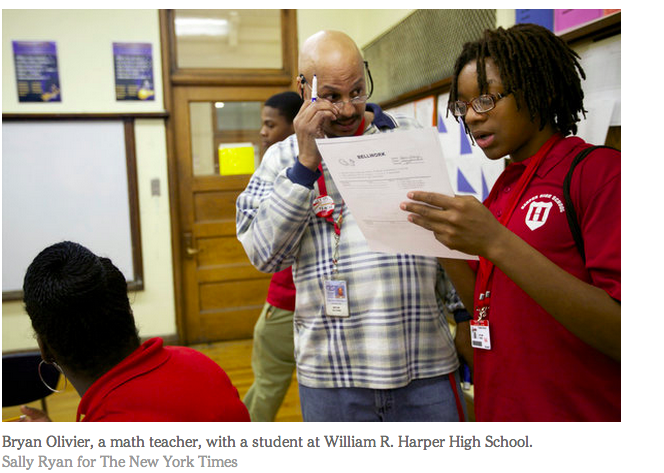Foster care youth speak: We need career mentoring!
 Hudson, A. (2015). Career mentoring needs of youths in foster care: Voices for change. Journal of Child and Adolescent Psychiatric Nursing, 26, 131-137.
Hudson, A. (2015). Career mentoring needs of youths in foster care: Voices for change. Journal of Child and Adolescent Psychiatric Nursing, 26, 131-137.
Background
Once young adults age out of the foster care system they are more likely than their non-fostered peers to experience homelessness, poverty, incarceration, and a variety of mental health issues. According to previous research, youths in foster care “want and need mentoring.” The purpose of this study was to engage youth in foster care in focus group conversations about what characteristics they prefer to see in a mentoring program. 27 youth participated in four different focus group sessions.
Findings
A major theme emerged from the focus group sessions: participants reported pressing need for career mentoring. They stated a desire for an authority figure who acts as a role model (eg. models positive attributes that lead to college and career success: social skills, work ethic). According to Hudson, “career mentoring might support foster youths’ goals for college attainment, reward achievement, and enhance their overall health-related quality of life.”
Implications
Incorporating career mentoring into existing programs for youth transitioning out of foster care is essential. These young adults strive for higher education and “the good life,” knowing all too well the difficulties that former foster care youth face. Adults in mentoring roles should continuously engage these young adults in conversations about their educational and career aspirations, in addition to modeling attributes of career success.










